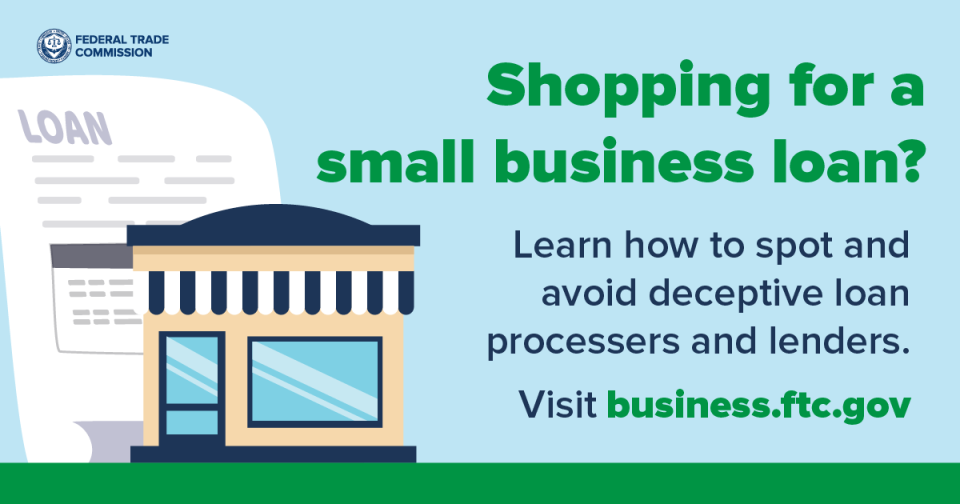When it comes to small business loans, time is money. That was especially true early in the pandemic: when many small businesses were struggling to stay open, and Paycheck Protection Program (PPP) funds were limited. So, when Womply advertised that small businesses, including gig workers and one-person small businesses, could get fast PPP funding if they applied through the company, millions of applications came pouring in. The problem, says the FTC, is that Womply didn’t live up to its promises. And that hurt millions of small businesses.
The FTC says more than 60% of the roughly 3.25 million applications that small businesses submitted to Womply never resulted in funding due to Womply’s failures to fix known technical issues with its system or provide consumers with assistance. Womply also had little or no evidence to support its promises that applications would be complete within 24 hours and “faster than a bank.” Many customers who complained to Womply after not hearing anything about their applications for more than 24 hours continued to get no response. It was only after logging into Womply’s portal that many customers learned their applications had been canceled, resulting in precious time wasted when they could have been applying elsewhere.
As part of a settlement with the FTC, Womply and its CEO will pay $26 million to small businesses harmed by the company’s actions — and they’re prohibited from making future misrepresentations related to the marketing or advertising of financial products or services.
Before you start shopping for small business financing, check out funding options at the Small Business Administration’s website. And learn to avoid small business scams at Protecting Small Businesses.
If you’ve spotted or experienced a deceptive loan processor or lender, tell the FTC at ReportFraud.ftc.gov. Each report helps the FTC and its law enforcement partners investigate scams and illegal business practices.


COO First Approach EA Worksite Wellness LLC is one of those single business owners who was not successful supported by SBA during and after COVID.
In reply to COO First Approach EA… by James Jenkins
SBA claimed I couldn't afford to pay them back. Then they forgive nearly $900,000,000,000. You and I didn't have the right card I suppose. It stinks that Congress grabbed a couple of billion for themselves and told us T.S.
That's amazing, seeing that $100 billion in fraud has been determined! This government is totally broken.
How do we become part of the suit if we were affected
We were deceived by SBA during COVID that our loan was interest free.